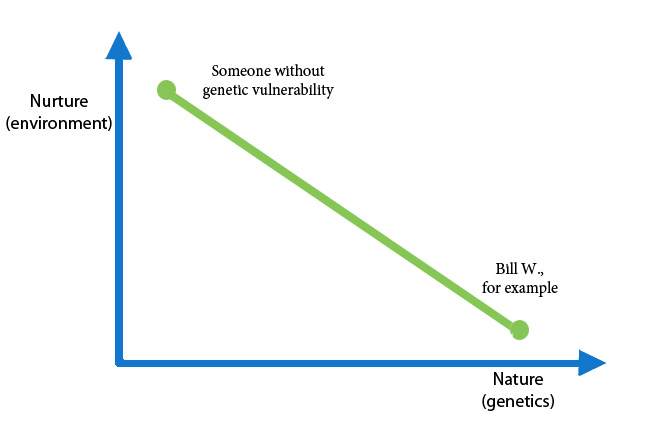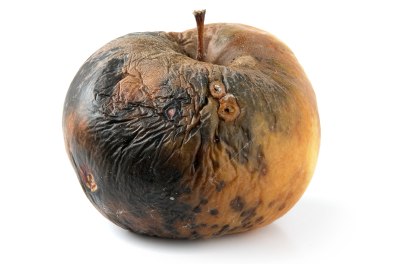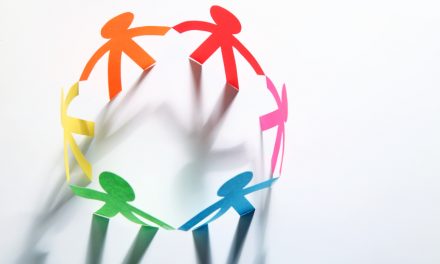Why is it some alcoholics claim they were alcoholic from the first drink, and others report they drank safely for many years before problems set in?”
Good question. Bill Wilson, AA’s co-founder, had his first drink at the relatively advanced age of 22. But he characterized the experience as life-changing. In Bill’s case, it launched a seventeen year career of out-of-control drinking. Nonetheless, we’ve all met individuals whose alcoholism emerged much later, even as a senior citizen.
What’s going on here? It helps to remember how young most of us are when we first make contact with a drink– generally between 12 and 15 years of age. We’re a drinking society; that’s just the way it is. One large survey of people with alcoholism found that some 14% had actually become dependent within a year of the first drink. The percentage almost doubled when the time period was extended to two years. Fully half reported alcoholism within five years of that initial exposure to alcohol.
In practical terms, that suggests they would have qualified for treatment before age 21. Not that most received that treatment until a decade or two later, if at all. By that time, the behavior pattern that reinforces alcoholism is thoroughly cemented into the drinker’s lifestyle.
Back to the issue at hand: why does alcoholism progress at different rates in different people? Here’s a model that might help explain it.
Rather than viewing alcoholism as the product of nature OR nurture, let’s view it as an interaction of both. In this model, nature reflects a vulnerability to the disease, primarily genetic. The role of nurture is embodied in the complex contribution of the environment. Here’s a diagram:

Let’s say you come from a family like Bill Wilson’s, where alcoholism runs among males. Given that strong pattern, we might suppose that relatively little provocation is needed from the environment to activate a waiting vulnerability. Wilson abstained until 22 largely because he saw what drinking had done to his parents and grandparents. But once he started, it was Katie bar the door. No reason to suspect a different outcome if he’d begun at, say, age 15.
Someone without a strong vulnerability might drink for many years before meeting the criteria for dependence. What motivates this drinking? The same forces that motivate drinking in most people– it’s our way. Watch Mad Men for an accurate depiction of alcohol’s role in post-War America. Or visit a college frat party to see how underage kids deal with ready access to booze.
Other factors that can influence onset: extreme stress, a trauma, or the presence of a concurrent emotional illness such as bipolar disorder or PTSD.














However early onset drinking is also a significant predictor of later life alcohol problems. Exposure to substances on adolescent brain seems to ‘over sensitise’ whilst it’s still developing.